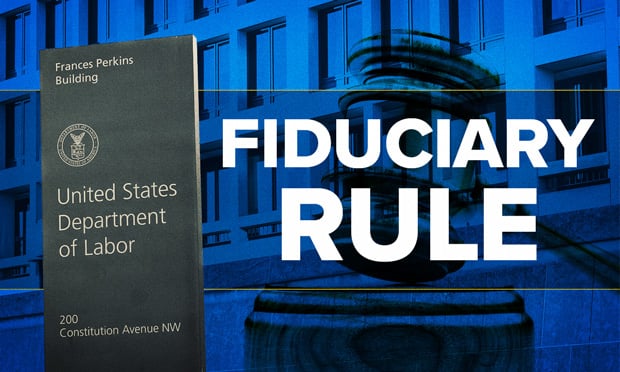 At the end of 2018, plaintiffs' counsel began to test the waters with new theories. A handful of cases have been filed in recent months against plan sponsors that advisors and employers need to be aware of. (Photo: Shutterstock)
At the end of 2018, plaintiffs' counsel began to test the waters with new theories. A handful of cases have been filed in recent months against plan sponsors that advisors and employers need to be aware of. (Photo: Shutterstock)
Litigation involving supposed “excessive fees” paid by participants in retirement plans shows no signs of slowing down in 2019. These cases generally involve claims that fiduciaries of 401(k) or 403(b) plans caused the participants to pay high administrative and/or recordkeeping fees or selected inappropriate investment options for the plan that underperformed or were more expensive than comparable funds.
These cases have met with mixed success in recent years. Some courts have held that bare allegations of “high” or “excessive” fees are insufficient to state a claim at the outset and that plaintiffs must plead a more meaningful benchmark for the court to evaluate the allegations.
Other courts have been far less strict, instead finding that plaintiffs should be permitted discovery to make their case.
Continue Reading for Free
Register and gain access to:
- Breaking benefits news and analysis, on-site and via our newsletters and custom alerts
- Educational webcasts, white papers, and ebooks from industry thought leaders
- Critical converage of the property casualty insurance and financial advisory markets on our other ALM sites, PropertyCasualty360 and ThinkAdvisor
Already have an account? Sign In Now
© 2024 ALM Global, LLC, All Rights Reserved. Request academic re-use from www.copyright.com. All other uses, submit a request to [email protected]. For more information visit Asset & Logo Licensing.








